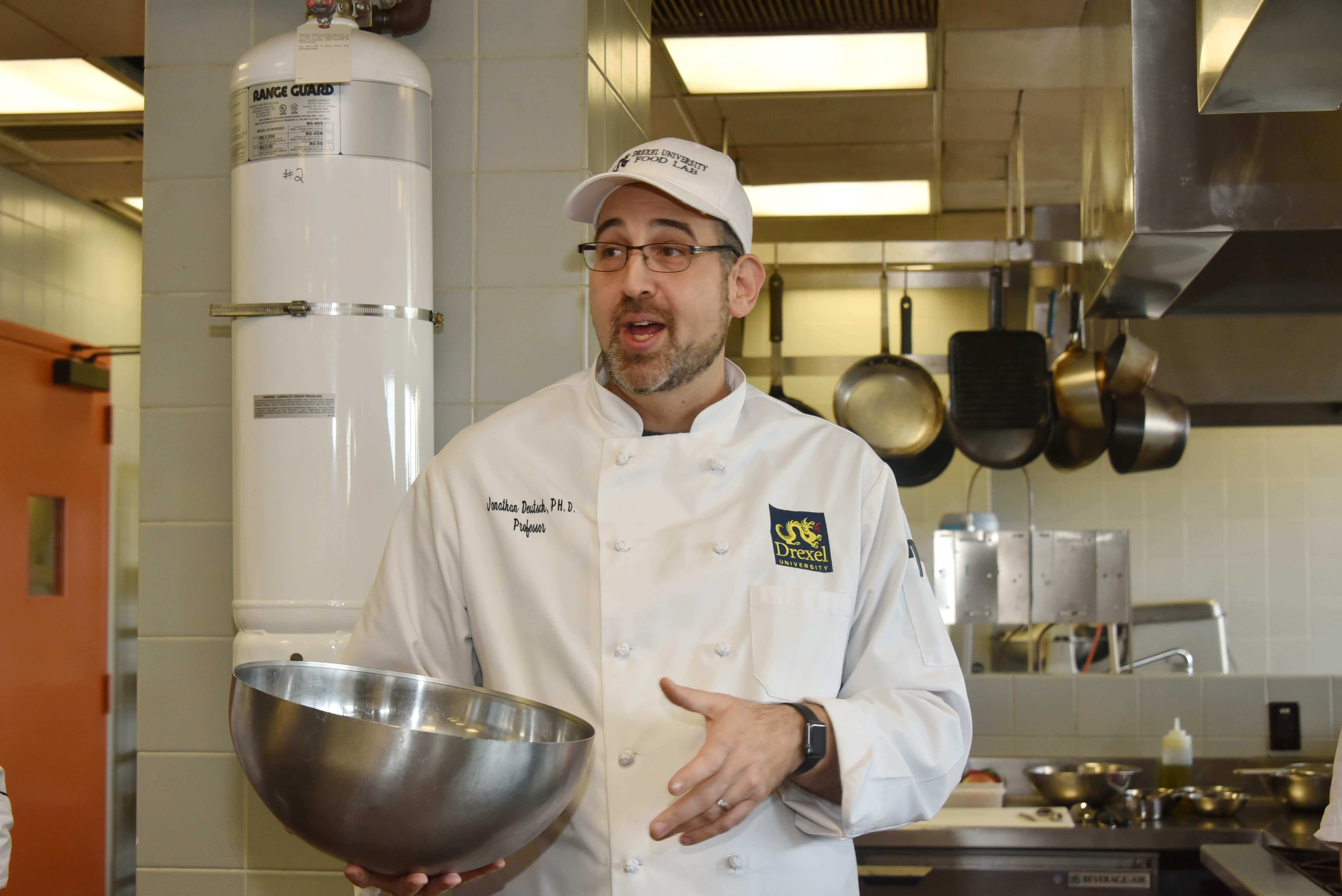Will foodtech change what we know about making food?
Professor Jonathan Deutsch, director of the Drexel Food Lab at Drexel University, along with Sarah Masoni, director of product and process development at Oregon State University’s Food Innovation Center, will visit the question during an education session taking place Thursday, October 7 at 11 a.m. EST, part of the SFA's Fancy Food 24/7 digital event. Deutsch recently discussed the future of food with SFA News Daily.
How long have you been a professor at Drexel? How has the food industry changed during your tenure there?
I started at Drexel in 2013. The food industry changes nearly daily and it's been interesting to see the pendulum shift. When I started, there was a lot of grain focus—ancient grains, whole grains, artisan breads. Then for a while carbs and gluten were the enemy; now they're back. Coconut fat was all the rage. Doing this work we get appreciation for good, honest ingredients and techniques that withstand the test of time and are "fad proof."
Do you think the pandemic has highlighted how technology can be used to innovate within the industry?
Absolutely, tech is everywhere, from our protein sources, to our supply chain agility, to our last mile delivery solutions. Tech-savvy companies adapted and thrived during the pandemic. Those who weren’t were left wondering what happened--or no longer exist.
What are some of your favorite foodtech inventions?
I am not on the food tech bandwagon in terms of novel ingredients or meat analogues. I'm much more about adding culinary techniques to actual plants and other products to make them “craveable.” As a large basket of products across categories, I'm thrilled with the growth we are seeing in upcycled foods. The Upcycled Food Association (disclosure, I chair the Upcycled Food Foundation board) went from nine members at its late fall 2019 founding to over 170 members currently. And while it's techy, it's also based on an age-old idea—use as much of our beautiful food products as you can, and use good culinary science and food science to elevate them into delicious, stable, value-added products.
How do you see technology and innovation advancing in the next 5 to 10 years?
I think we'll see a lot more activity in provisioning our homes. Supermarkets and big box stores are notoriously inefficient and generate substantial waste. I also think we'll see a lot more in terms of customization of food products, for nutrition, flavor, allergens, and other preferences/needs. For so long, food processing was about appealing to as wide an audience as possible—and it resulted in food that was sometimes the least common denominator. Agile processing, packaging, and labeling where we have mass customization in specialty food to meet our individual needs is the next frontier. We can go to a coffee shop and have vastly different drinks but a shared experience--can we do that at scale with our snacks or breakfast bars?
More information on Fancy Food 24/7.
Related: Fancy Food 24/7 Education Lineup Features Trendspotting, Pitch Competition; Masoni of OSU's Food Innovation Center Talks Foodtech.

